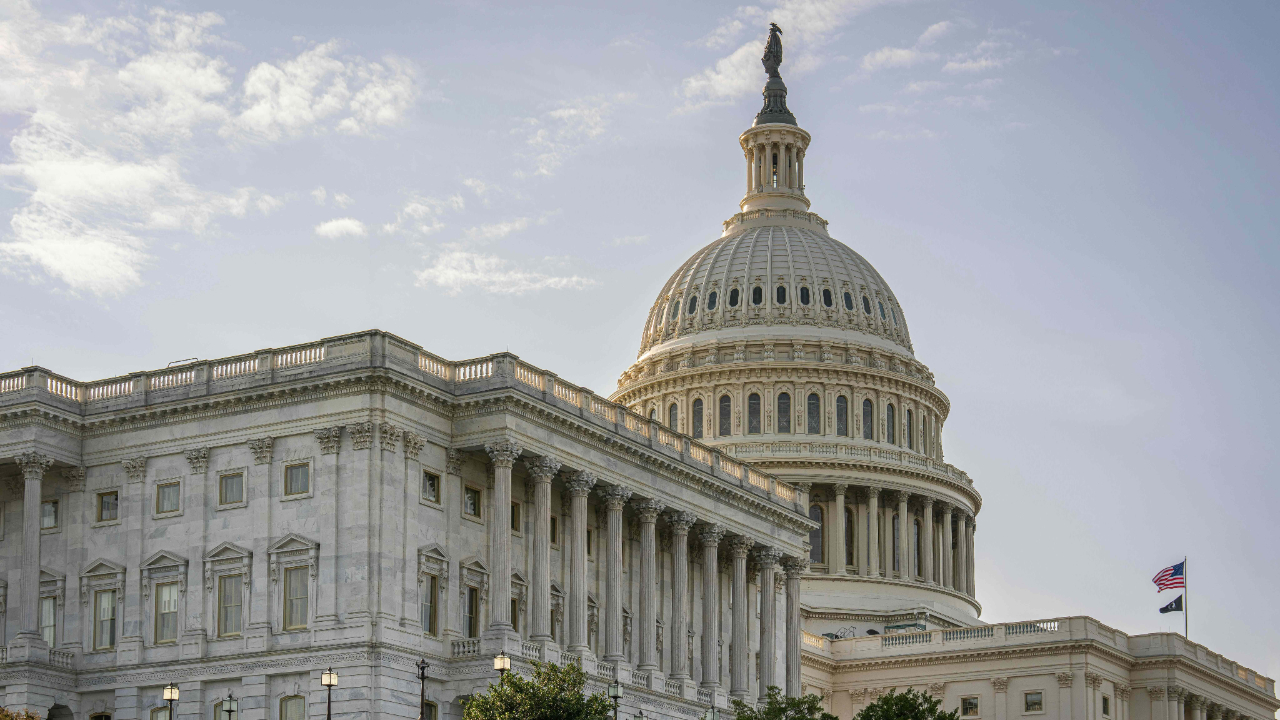
4 Ways a Government Shutdown Can Affect Your Personal Finances
Sep 29, 2025Here we go again. Another possible government shutdown threatens our sense of stability. As a kid, government shutdowns sounded bad; the end of the world, the country collapsing bad. My parents, as well as the evening news, made it sound catastrophic to my young ears. Since my dad was a Federal employee, the impact was undoubtedly real. Maybe you have felt the same way?
What is a government shutdown?
It is helpful in the midst of fear and uncertainty to take a step back and ask questions. What is a US government shutdown, why do they happen, and what are the consequences? The U.S. federal government requires Congress to pass annual appropriations bills to fund its operations, a process rooted in the Constitution as a check and balance to ensure taxpayer dollars are spent with oversight from elected representatives. If Congress and the President fail to agree on these bills by the fiscal year deadline, non-essential government functions halt, leading to a shutdown.
Let's consider how it might affect our everyday lives. This is somewhat akin to a family pausing spending until they agree on a budget, but the government’s political and economic dynamics make shutdowns a bit more consequential. While a government shutdown may feel big and somewhat distant from our daily lives, let's explore four ways a government shutdown can affect your personal finances:
1. Federal workers may get furloughed
If you work for the federal government, and your function is considered non-essential, you could be furloughed from work. While you will get full back-pay once the shutdown resolves, you will need to rely on your emergency fund to take care of your own household expenses. Art Rainer, author of The Money Challenge, recommends setting aside 3 to 6 months of emergency expenses to help navigate furloughs or job loss events.
2. Essential services will continue to operate
During a government shutdown, essential services are not impacted. This means law enforcement will continue to keep us safe, and our military remains armed and ready to defend our country. This also means medical and other aid programs will continue to provide for those in need. Bottom line, when it comes to safety and medical aid, there will be little noticeable impact.
3. Social security paychecks will keep coming
One of the most common fears of a government shutdown is the concern about the disruption to receiving Social Security checks. However, since social security is considered essential, all outgoing social security paychecks will continue to be delivered. If you plan to retire on October 1 and rely on Social Security benefits, the processing may take longer than usual. Plan ahead and make sure you can weather a few weeks or months without it.
4. Investment markets will be volatile
The single most impacted area of a government shutdown is the financial market, as investors react to the uncertainty around federal spending. When it is unclear how and when the government will allocate funds, the lack of confidence can cause significant fluctuations in stock and bond prices. Remember, the largest buyer of US goods and services is the US federal government. If government spending were to pause, businesses and markets may face increased volatility due to concerns about reduced economic activity.
God remains steadfast
In these few days of financial uncertainty, it is beneficial to consider the character of God. God never stops being God. In Lamentations, Jeremiah reminds us that even in hardship, God remains faithful.
“The steadfast love of the Lord, his mercies never come to an end. They are new every morning; great is your faithfulness.” Lamentations 3:22-23 ESV
God doesn’t need Congress to keep going. His love and mercy never end. Even if the government shuts down, God remains faithful. That is one truth we can rely on daily.
About the author: Nate Sargent holds a Bachelor of Science in Electrical Engineering from Purdue University and an MBA from Colorado State University. He also earned a Certificate in Financial Planning from the Ron Blue Institute at Indiana Wesleyan University and is a Certified Christian Financial Counselor through the Institute for Christian Financial Health. With 25 years of experience in the aerospace industry, Nate brings a passion for solving complex challenges—both technical and financial. He writes and speaks on the intersection of faith and finances, encouraging others to view money not as an end, but as a tool for greater purpose and impact. Learn more about Nate at Christian Money Help.
Are you struggling to overcome money issues? We can help.
Our Christian financial counselors are trained to help you overcome the stress and anxiety of money. Gain clarity, confidence, and peace in your financial situation.

